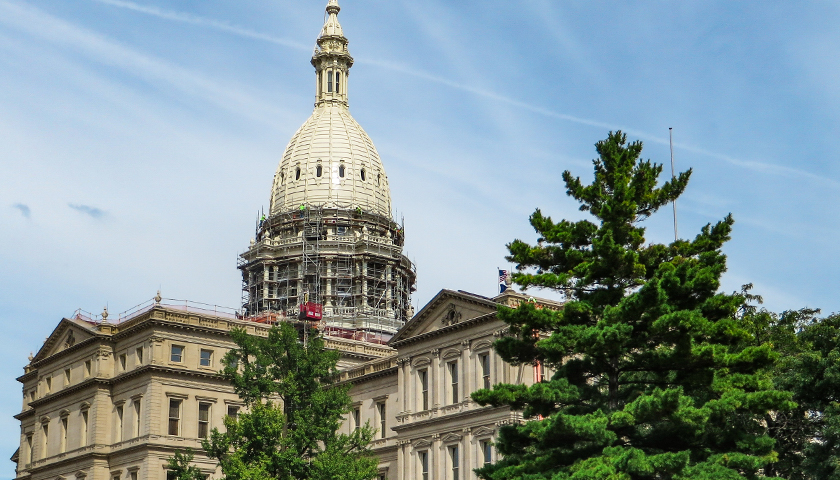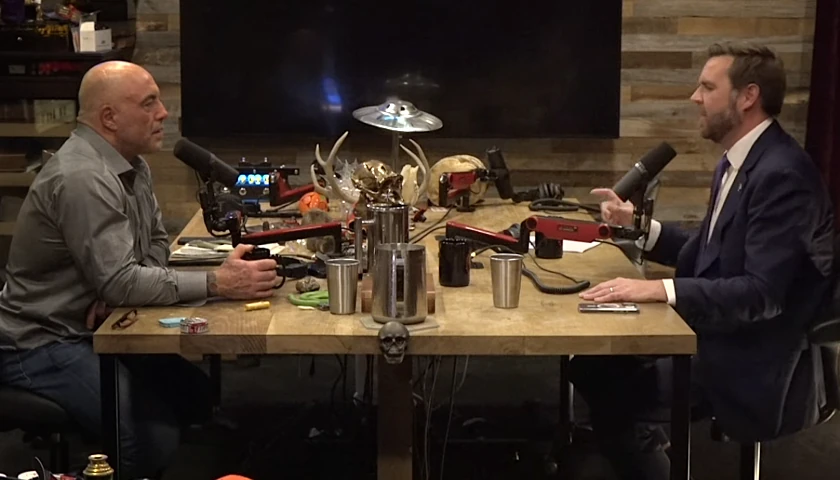Gov. Gretchen Whitmer’s (D-MI) State Budget Director Dave Massaron instructed state department heads last week to begin preparing for a possible government shutdown, though Michigan taxpayers may have other concerns to expect from the current budget negotiations.
Technically, Michigan state lawmakers are supposed to have passed a full budget for the governor’s signature by July 1, although officials have until September 30 to finalize an agreement that would avoid a partial government shutdown. Budget gridlock in 2019 nearly resulted in state-agency shutdowns, prompting legislation setting the July 1 deadline. That deadline was missed last year, but a budget was still finalized before the end of September.
This year, on July 21, the GOP-led legislature passed and the governor signed the $21.7-billion education portion of the state budget, still leaving the rest of Michigan’s annual spending plan unresolved. In her overall budget proposal presented to state legislators in February, Whitmer proposed a budget whose total revenue intake would increase over the previous year’s by $801.5 million, with no tax hikes but $27.6 million in various fee increases.
Since then, according to the free-market Mackinac Center for Public Policy, revenues flowing into the state’s main treasury accounts are expected to be $3.8 billion higher in the 2022 fiscal year than they have been this fiscal year. Due to the improved economy since the onset of the COVID pandemic in 2020 and because of federal largesse in the name of COVID-relief aid, the state isn’t facing anything approaching a dearth of revenues.
Even state Attorney General Dana Nessel, a Democrat and Whitmer ally, has acknowledged that “Michigan is flush with billions of additional dollars in the treasury.” And that, says Mackinac fiscal policy analyst Michael D. LaFaive, should probably lead Whitmer to drop her request that the legislature increase any fees.
“My sense is that, in the past, both parties have used fee increases to avoid the dreaded ’t-word,’ because ‘fee’ sounds more like you’re paying for a service, where as ‘tax’ sounds less so,” LaFaive told The Michigan Star. “However, I’d have to imagine, given the amount of money that’s coming down from Washington, that there’s simply no need to have a discussion over fees. And unless they can make the case that these fees are genuinely necessary to cover legitimate costs of providing a service, then there should be no discussion at all.”
LaFaive said that Whitmer’s original budget proposal “is practically irrelevant now” given that she introduced it well before the federal government bestowed well over $6 billion in new federal aid to Michigan. He said the budget is still poised to grow at a much steeper pace than the rate of population growth and inflation combined, thus still burdening Great Lake State taxpayers more than it should.
“States that impose limitations on government budget growth tend to do better economically: more jobs, more opportunity, more inbound migration, on balance,” he said. “So my fear is that the state will spend far beyond what is necessary to accommodate an inflation increase or an increase in population that needs to be served with traditional public services.”
Last April, early in the coronavirus pandemic, Mackinac outlined a menu of spending cuts and fiscal reforms for lawmakers to consider. They included elimination of many corporate subsidies, which LaFaive calls “the lowest-hanging of the low-hanging fruit.” They also included ceasing aid to local libraries and ending the Michigan Council on Arts and Cultural Affairs, among other items. Total savings from the think tank’s spending-reduction recommendations would reduce annual state outlays by about $1.5 billion.
It is the current overburdening of the taxpayer, and not the prospect of a partial government shutdown, that LaFaive says should be a front-and-center concern for Michigan.
“I’ve been in this business for 26 years as a policy analyst and, more often than not, even when budget disagreements lead up to the last hour,” he said, “they still come together because both sides of the debate recognize that their own fortunes may be harmed if they don’t come up with a budget that they and their constituents think are reasonable. After all, few voters send lawmakers to a state capital to not get the job done. And passing a budget is one of the most fundamental operations of any unit of government.”
The State Budget Office did not return a request for comment.
– – –
Bradley Vasoli is a reporter at The Michigan Star and The Star News Network. Follow Brad on Twitter at @BVasoli. Email tips to [email protected].
Photo “Michigan State Capitol” by Ken Lund CC BY-SA 2.0.








